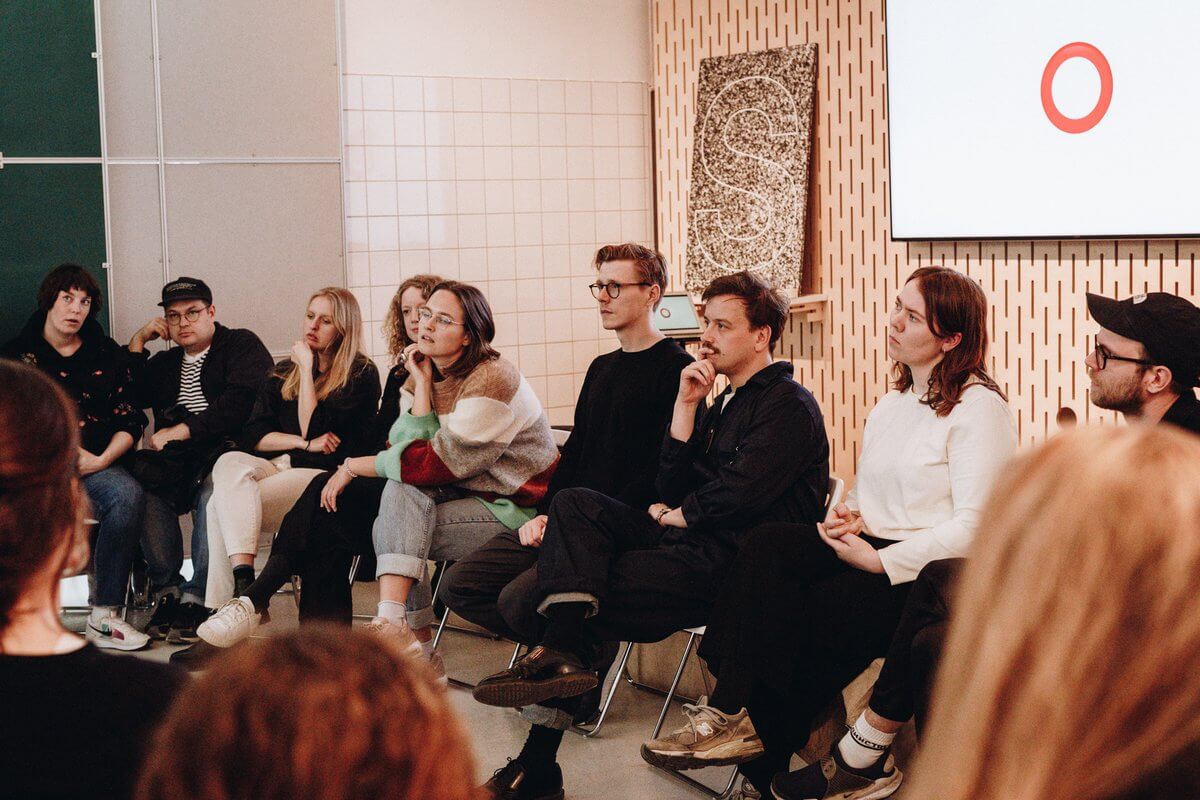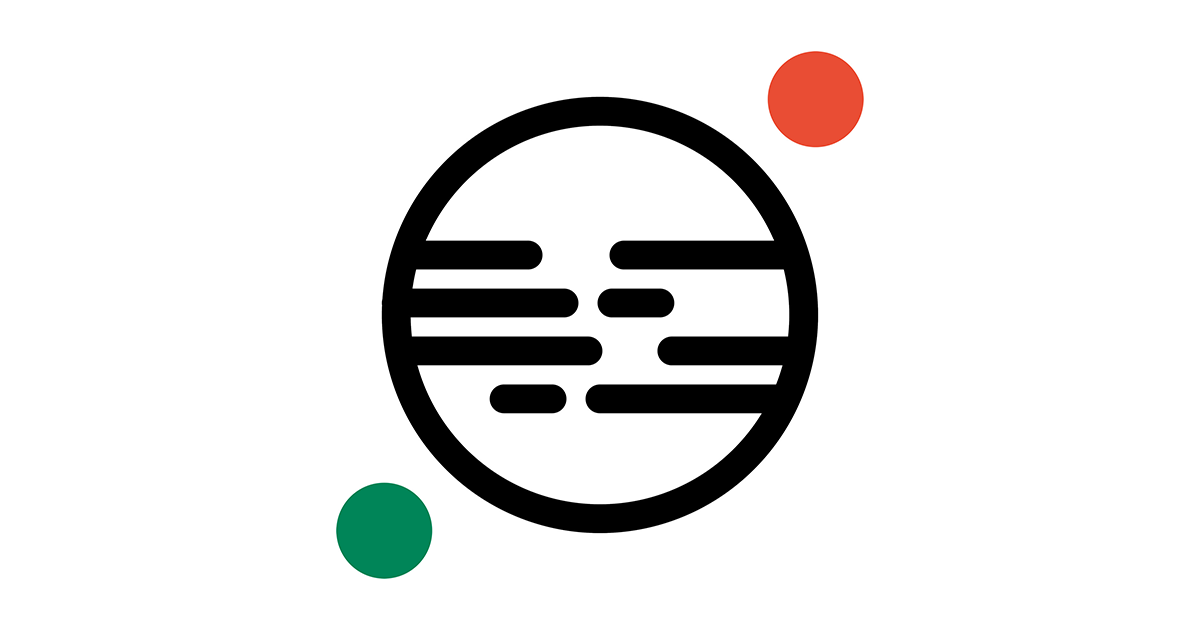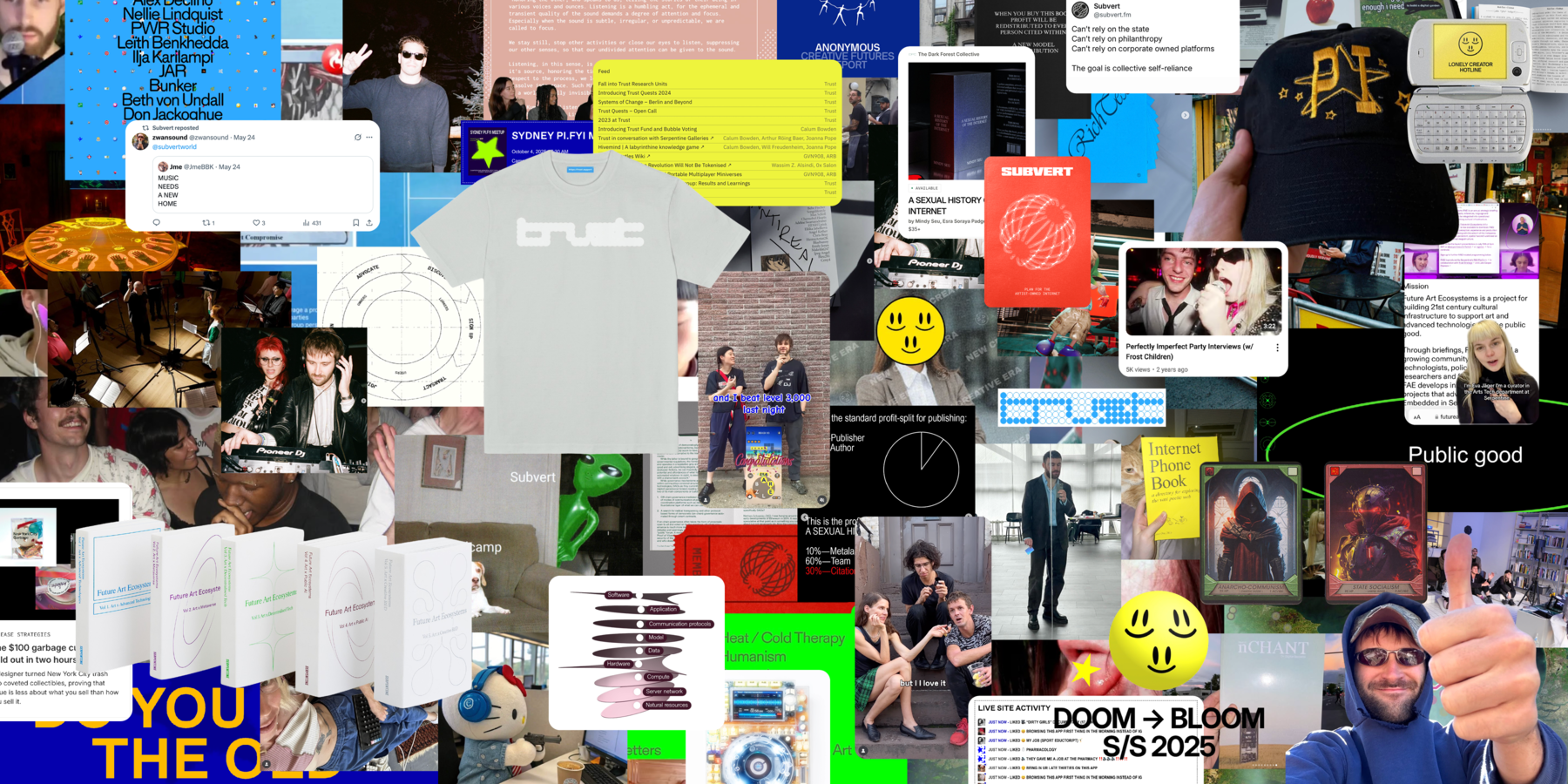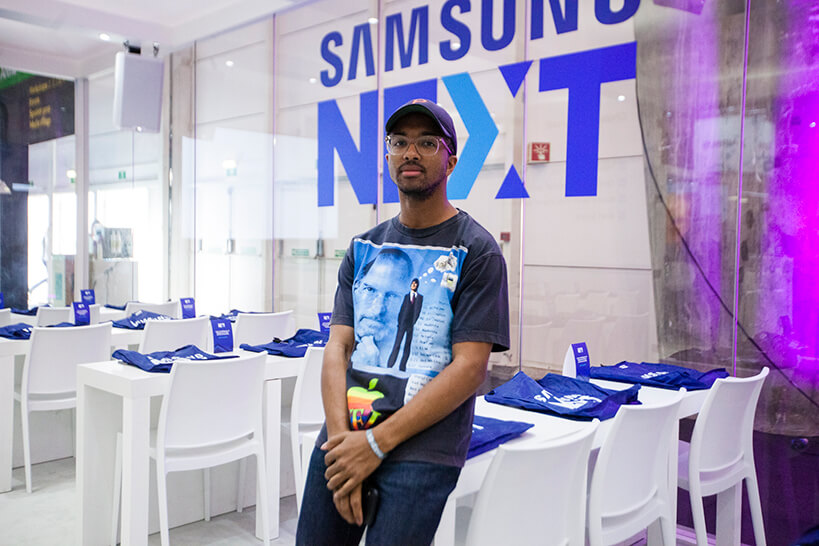
Exploring how the next billion users are leveraging the web
In close collaboration with SPACE10 we launched “Welcome to the World Wide Web”, a series of collaborative research seminars that explore the future web across fundamental cultural techniques such as navigation, language and currency.
Every week, millions of people come online for the first time. The vast majority of people using the internet for the first time are doing so via a mobile device — not a computer. They often share devices with friends and family, and tend to prefer voice and visuals over typing or reading.
To better understand how the Internet of the future will enable more people to live better lives we teamed up with SPACE10, a research and design lab that supports IKEA’s mission of creating a better everyday life for the many people.

We created “Welcome to The World Wide Web”, a 3-part series of research seminars that explored the future web across fundamental cultural techniques.
We chose these techniques – navigation, currency and language – as our starting point to explore the future web without getting biased by current technology trends or cultural assumptions.
Session 1: Navigation
Together with astro-physicist Bruno Sánchez-Andrade Nuño, PhD (ES) and Digital Democracy founder Emily Jacobi (NYC) we explored how maps help tribes in the Amazonian rainforest protect their environment and human rights.
Session 2: Language
Together with ethnographer Christina Xu (NYC) and design researcher Emma Rose Metcalfe (UK) we explored Chinese meme culture and how the next generation are pioneering new languages of the internet.
Session 3: Currency
Together with Stone Atwin (FR), founder of Africa’s first neo-bank Eversend, and professor of economics Jonas Hedman (SE) we explored the opportunities and pitfalls of digital currencies in countries like Kenya, India and Venezuela.
We designed the research seminars to be interactive and participatory, inviting attendees to join the discussion and co-create artefacts that capture the collective knowledge in the room.
We created emoji moodboards to reflect the new (sign) languages of the Internet, designed new currencies and tested the global navigation system by sending physical letters around the world.
“Welcome to the World Wide Web” opened up a conversation to critically reflect upon our own digital behaviours and understand how the next billion users may use the Internet to shape their lives.
hello@co-matter.com
Zossener Str. 41
10961 Berlin
Management Board: Severin Matusek
Court of Registration: Amtsgericht Charlottenburg HRB 195395 B
VAT ID: DE317741247
Last updated: July 23, 2025 ■ 11:52am




